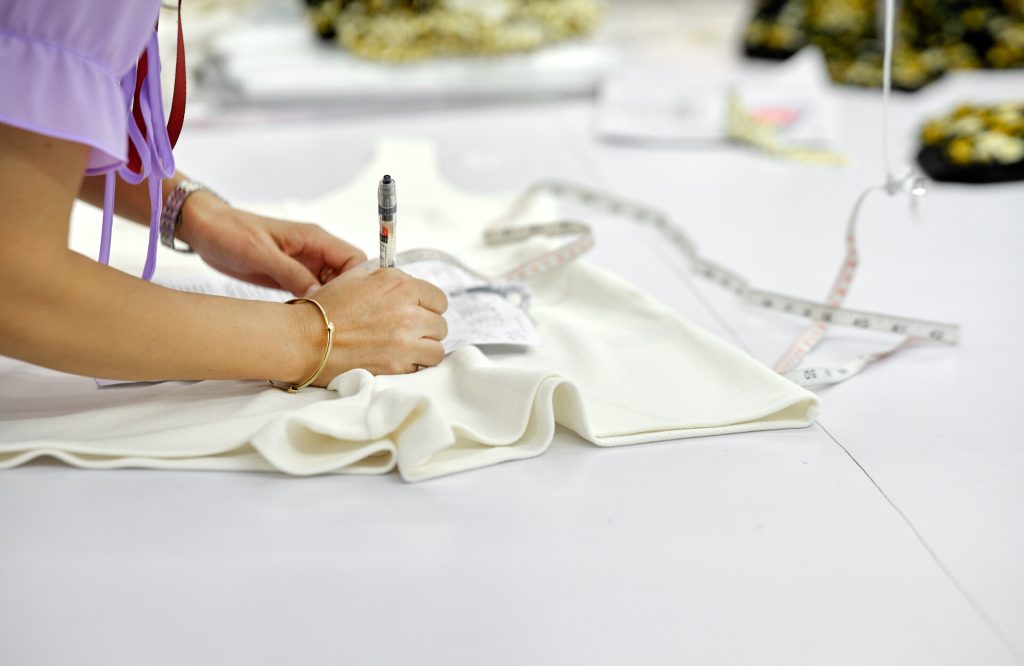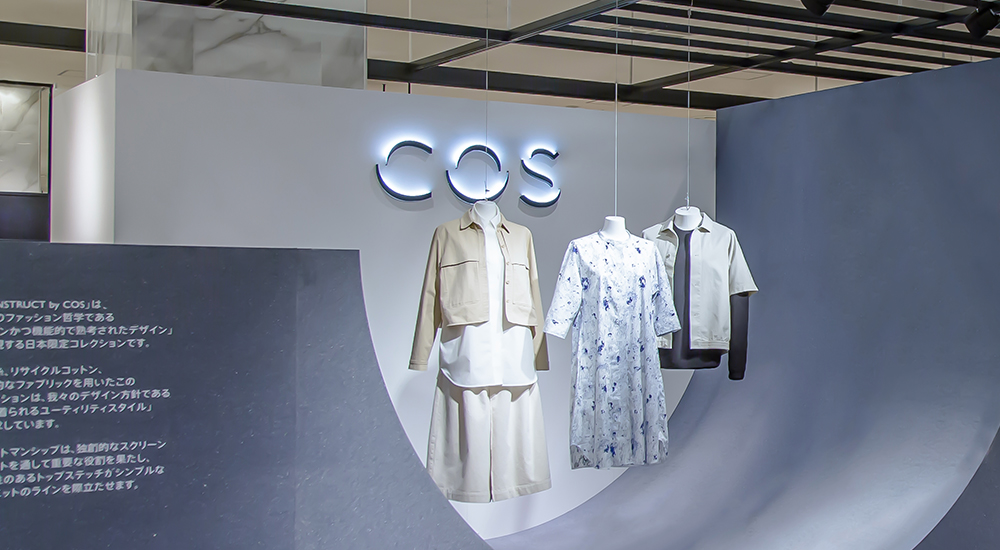The fashion industry needs to move from a linear business model to a circular one. But what actions are taken to secure that all new jobs in the circular economy are fair and good? In 2020, H&M Group joined a global programme that explores the implication the shift will have on workers in the value chain.
Our Stories
Securing fair jobs when fashion goes circular
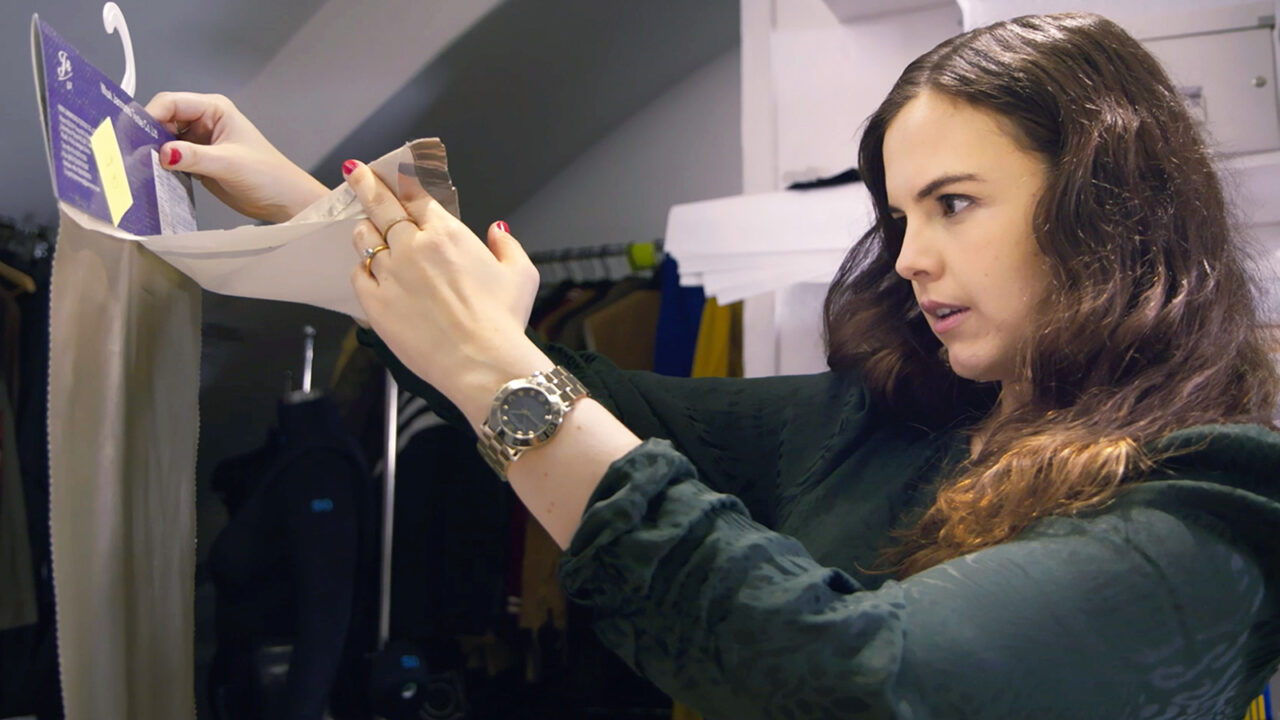
With almost 1.6 million people working within H&M Group’s value chain comes a huge responsibility to support decent and meaningful jobs, but also to ensure that every action the group takes is making as much of a positive impact as possible.
When shifting to becoming a circular business – where we produce less and use products and materials longer – jobs throughout the value chain will be affected. For example, new sorts of jobs will be created and new skills required. At the same time, certain jobs might also disappear.
Linda Ingolfsdottir, Strategy Lead Fair Jobs at H&M Group, is working with H&M Group’s agenda to secure job opportunities in the future. “Making the shift to a circular fashion industry could both lead to new job opportunities for workers, as well as job losses”, she says. “As a buyer in the industry, H&M Group together with other stakeholders needs to make sure that the new jobs are fair and meaningful, and that job migration and upskilling are handled responsibly”.
”Thanks to this collaboration, we will learn more about how a circular fashion industry will change the labour market as we know it today”, says Linda Ingolfsdottir.
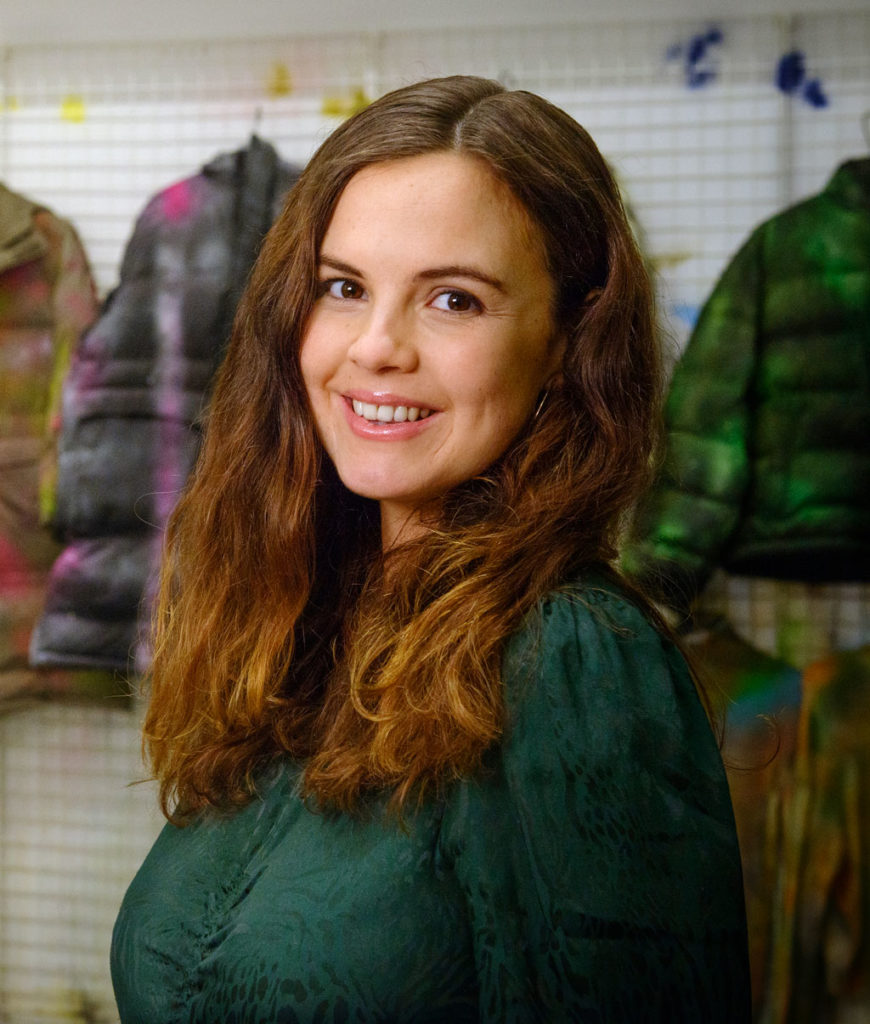
Linda Ingolfsdottir, Strategy Lead Fair Jobs at H&M Group
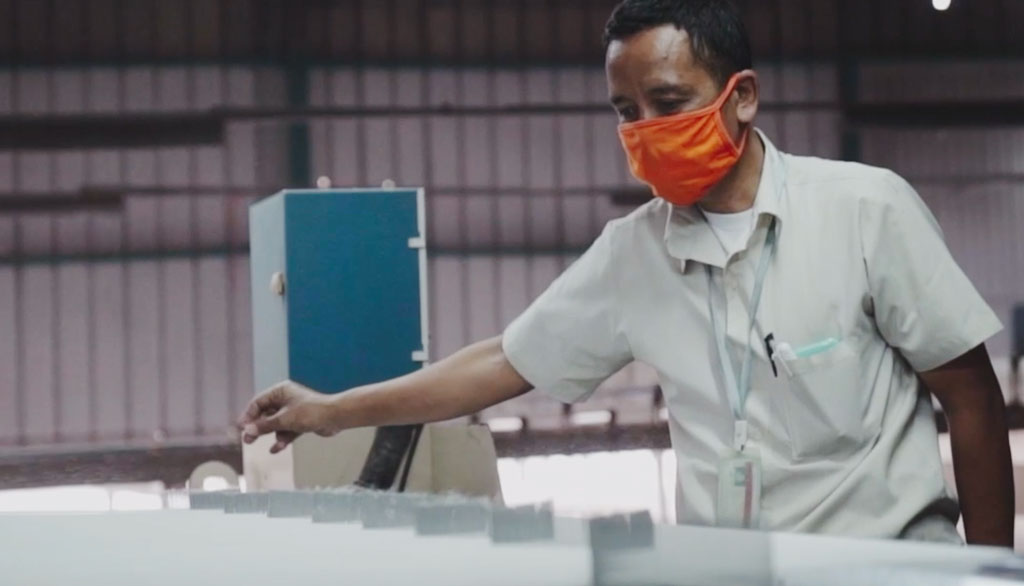
Job migration and upskilling for workers will be important when shifting to become a circular business. Here at one of H&M Group’s supplier factories in Bandung, Indonesia.
Collaborating with industry leaders
In 2020, H&M Group took an important step to secure future jobs across its value chain by joining Keeping Workers in the Loop (KWIL). This global programme is a collaboration of industry leaders and stakeholders to advance a circular fashion industry that works for all parties.
Together, participants will co-create industry and policy recommendations that support and advance circular business models that offer dignified, inclusive and resilient employment opportunities.
The project is supported by Laudes Foundation and led by BSR, in partnership with CMS and economists from the University of Lincoln, and includes H&M Group, Shahi Exports, The Renewal Workshop, and VF Corporation as industry partners.
“We are thrilled to have H&M Group as a core company partner in KWIL. Beyond the depth of knowledge the team brings on how the industry is moving towards circularity, we commend their careful attention to the social impacts of the transformation and their openness to identify and test solutions that can work for both environment and people”, says Cliodhnagh Conlon, Associate Director, Consumer Sectors & Supply Chain at BSR.
“Thanks to this collaboration, we will learn more about how a circular fashion industry will change the labour market as we know it today”, says Linda Ingolfsdottir.

